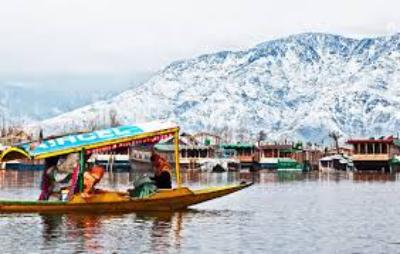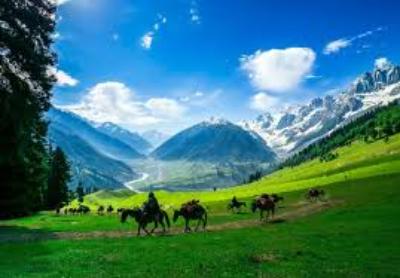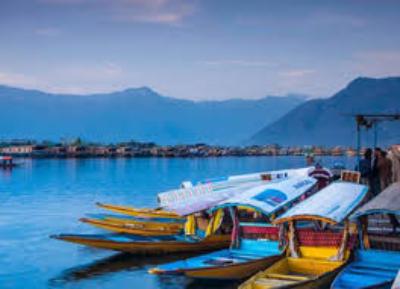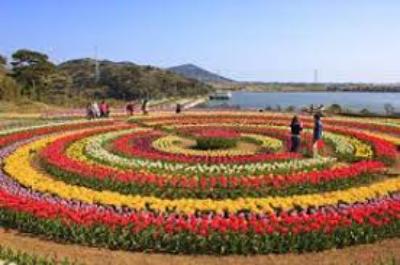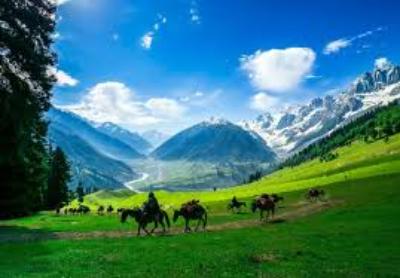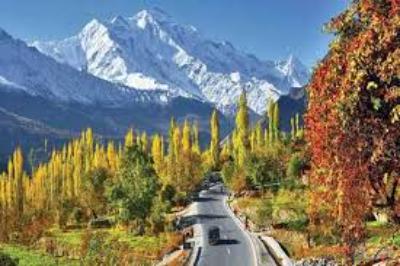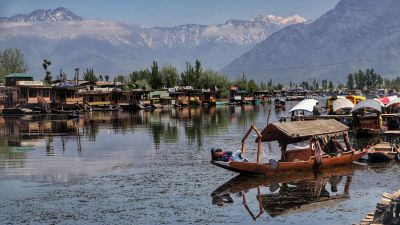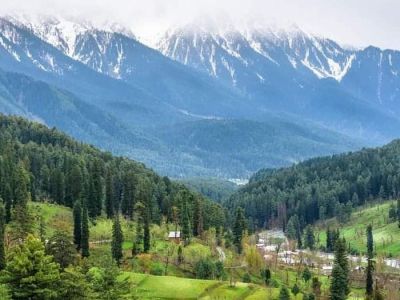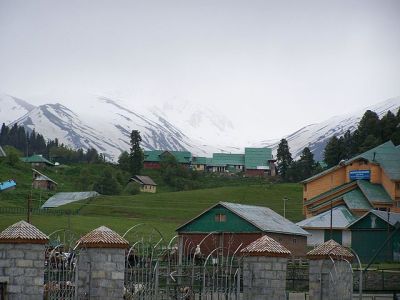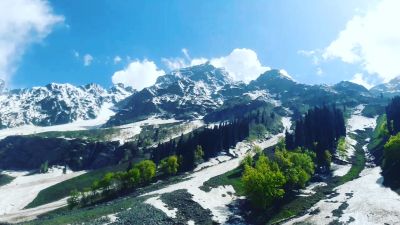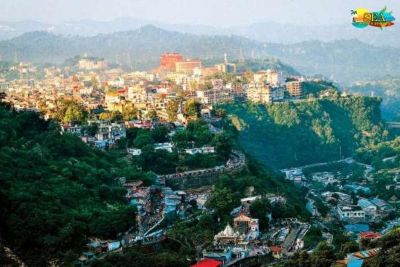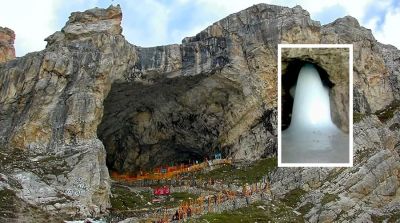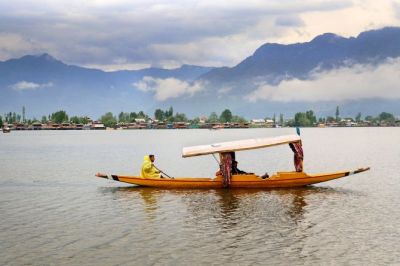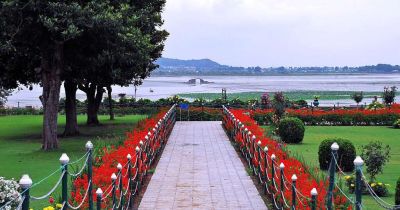Exploring Local Trout Farming in Kashmir
Exploring Local Trout Farming in Kashmir
Located in the northernmost part of India, the mesmerizing state of Kashmir is known for its breathtaking natural beauty and diverse cultural heritage. One of the unique aspects of this region is its thriving trout farming industry. Kashmir provides the perfect environment for trout farming, with its abundance of pristine rivers and lakes that are home to various species of trout. As a travel enthusiast and nature lover, I had the opportunity to explore the local trout farming scene during my recent visit to Kashmir, and I was truly amazed by what I discovered.
A Brief History of Trout Farming in Kashmir
Trout farming in Kashmir has a long and rich history, dating back to the early 20th century. The British rulers of India recognized the potential of Kashmir's freshwater resources for fish farming and began introducing trout varieties from England and Scotland. Over the years, local farmers honed their skills and perfected the techniques required for breeding and rearing trout.
Today, trout farming is not only an important source of livelihood for many locals but also a major contributor to the economy of Kashmir. The region's cold, clean, and oxygen-rich water bodies provide the perfect conditions for trout to grow and thrive.
A Glimpse into the Trout Farming Process
During my visit to a local trout farm, I had the opportunity to observe the various stages of the trout farming process. It all starts with the collection of trout eggs from adult fish in the rivers or lakes. The eggs are carefully washed and placed in specially designed trays, where they undergo the process of incubation. Once the eggs hatch into tiny fry, they are transferred to larger tanks, where they are nurtured until they reach the fingerling stage.
At the fingerling stage, the young trout are ready to be moved to the outdoor farm ponds. These ponds are equipped with fast-flowing, crystal-clear water that closely resembles the natural habitat of trout in the wild. The trout are carefully monitored and fed a diet of locally sourced feeds, ensuring their healthy growth. Depending on the species, it takes anywhere from 12 to 24 months for the trout to reach marketable size.
Environmental Sustainability in Trout Farming
One of the most impressive aspects of trout farming in Kashmir is its commitment to environmental sustainability. Local farmers are well aware of the delicate ecosystem and take great care to minimize their impact on the environment. The farm ponds are designed in a way that allows the excess water to flow back into the rivers without causing pollution or disturbance to the natural habitat.
Additionally, fish waste is managed efficiently through a comprehensive filtration system, ensuring the water quality remains pristine. The farmers also prioritize the use of locally sourced, organic feeds to minimize the carbon footprint of the farming process.
Tasting the Freshness: A Culinary Delight
After learning about the intricacies of trout farming, I had the opportunity to savor the fruits of this labor firsthand. Local restaurants in Kashmir serve a variety of mouthwatering trout dishes, showcasing the exquisite flavors and delicate texture of the fish.
From chargrilled trout with aromatic spices to buttery pan-fried fillets, the options are seemingly endless. The freshness and quality of the trout are unmistakable, and it is truly a culinary delight for any seafood lover.
Conclusion
Exploring local trout farming in Kashmir was an eye-opening experience that allowed me to appreciate the dedication and hard work of the local farmers. The sustainable practices and commitment to preserving the natural environment were commendable. Moreover, the opportunity to taste the fresh and flavorful trout dishes made the experience all the more memorable.
If you ever find yourself in the mesmerizing land of Kashmir, I highly recommend delving into the world of trout farming. It is a fascinating journey that offers a deeper understanding of the region's natural resources and the people who rely on them. Share your own experiences and let us know your thoughts in the comments below!
Don't forget to share this blog post with your friends and family!
Disclaimer : The information provided in this blog is for general informational purposes only. While we strive to keep the content accurate and updated, TravelSetu assumes no liability for errors or omissions. If you believe any part of this blog infringes your rights or causes concern, please notify us immediately at info[at]travelsetu[dot]com so that appropriate action can be taken.
